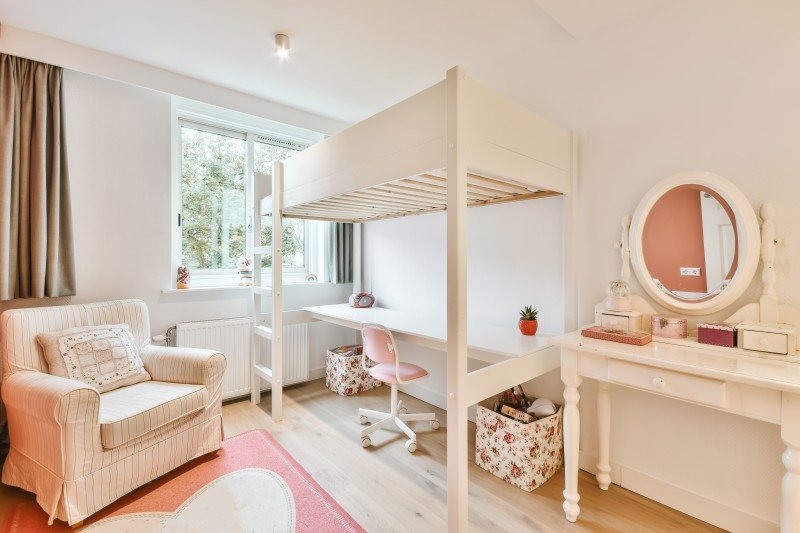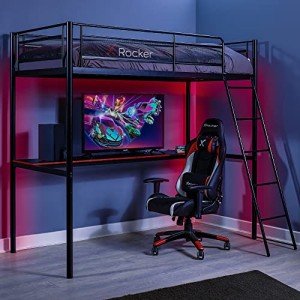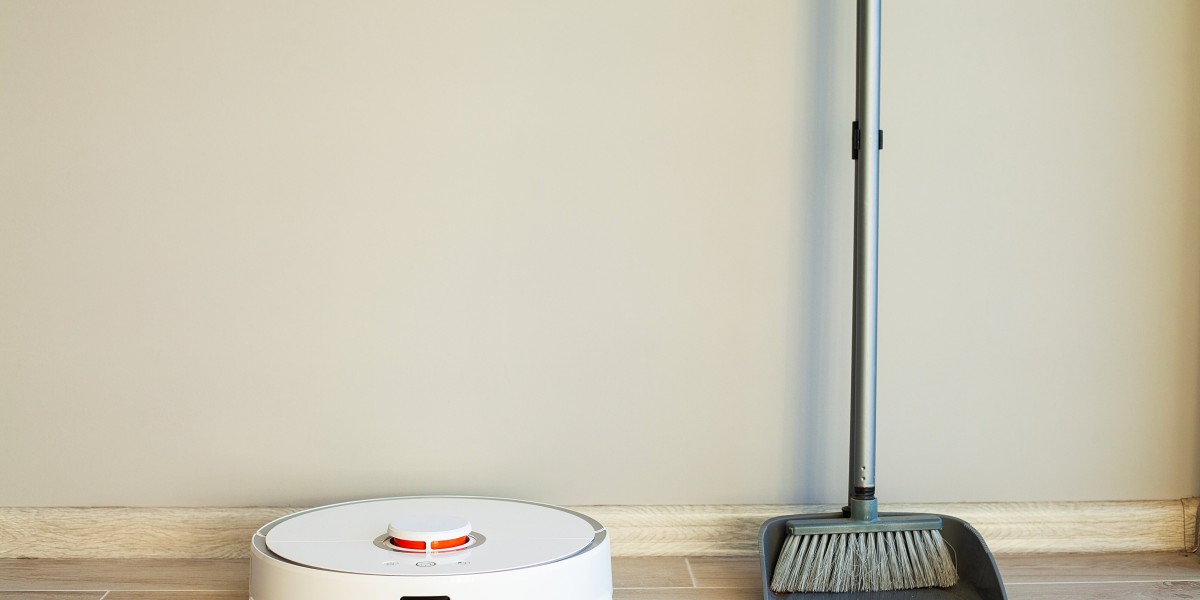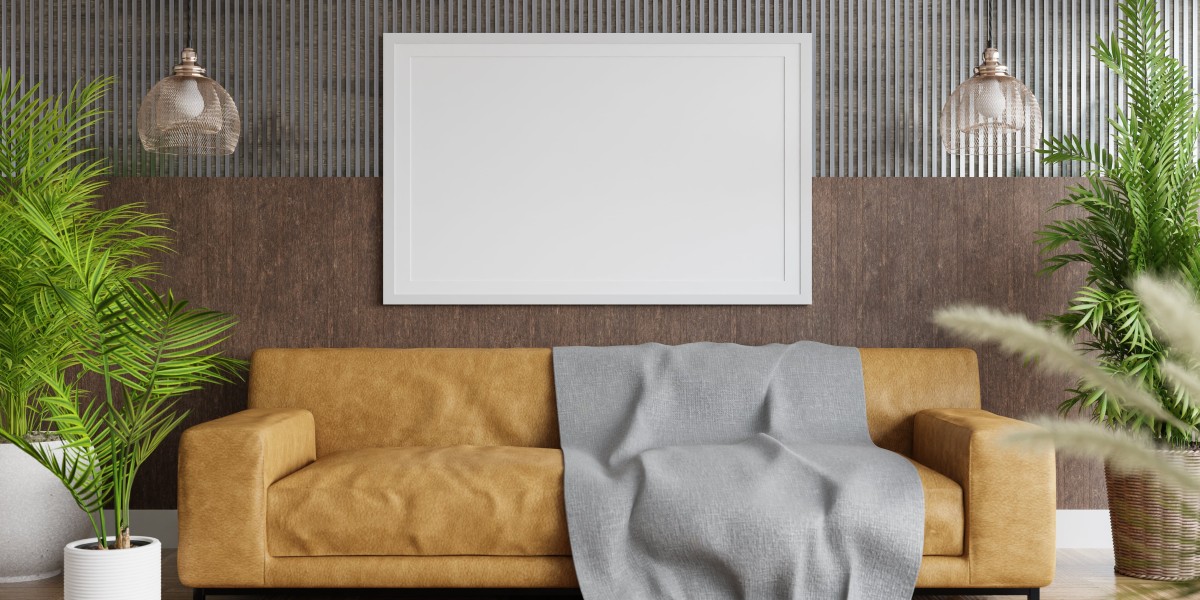
The Comprehensive Guide to Bunk Beds House: Maximizing Space and Functionality
Bunk beds are becoming progressively popular in modern-day homes, particularly for those residing in restricted space. Whether in a child's bed room, a visitor space, or even a villa, bunk beds provide an innovative service for maximizing space while also accommodating multiple sleepers. This post explores the different elements of bunk beds, their style alternatives, benefits, and factors to consider for maintenance to help anybody considering a bunk bed purchase make an informed decision.
Comprehending Bunk Beds
Bunk beds are a type of bed that includes one bed stacked on top of another, normally protected by a ladder or integrated stairs. They are frequently made from wood or metal, with designs varying from standard to contemporary. Bunk beds are most frequently used in children's rooms, visitor accommodations, and summer camps, however they can likewise be a great addition to little apartments or homes.

Types of Bunk Beds
Comprehending the ranges of bunk beds can assist one choose the ideal style for one's needs. Here are the common types:
| Type | Description | Pros | Cons |
|---|---|---|---|
| Standard Bunk | 2 beds stacked on top of each other | Space-saving, traditional design | Restricted sleeping capacity for adults |
| Loft Bed | A bed raised with open space underneath for an office or play area | Supplies additional functional space | Not perfect for more youthful children |
| Futon Bunk | A bed on top, typically with a futon on the bottom | Versatile for sleeping and seating | Less stability compared to standard bunks |
| L-Shaped Bunk | 2 beds set up in an L-shape, frequently with storage choices | Special design, can suit corners | Takes up more space than standard bunk beds |
| Triple Bunk | Three beds set up vertically or in a special setup | Takes full advantage of sleeping space | Greater risk of mishaps, more complex to make |
Advantages of Bunk Beds
Bunk beds use various advantages, making them a useful furniture choice for numerous living areas. The advantages consist of:
- Space Efficiency: Perfect for little rooms, they enable more floor space, making it easier to move.
- Dual Functionality: Especially in the case of loft-style beds, the space below can be utilized for a research study area, a play zone, or extra storage.
- Social Interaction: Bunk beds produce a sense of camaraderie amongst siblings or roommates, promoting sharing and bonding.
- Economical Sleeping Solution: They provide an inexpensive method to accommodate multiple guests without the requirement to invest in extra separate beds.
- Design Variety: With alternatives ranging from sleek modern-day styles to timeless wooden structures, there is a bunk bed style to match any design.
Essential Considerations for Bunk Beds
While bunk beds use multiple advantages, there are particular factors to consider to keep in mind to ensure security and durability:
- Weight Capacity: Always examine the weight limit of the bunk bed to prevent accidents. Most standard bunk beds have weight capabilities between 200-400 pounds.
- Product Quality: Opt for long lasting materials such as strong wood or top-quality metal to make sure stability and durability.
- Safety Features: Look for models with guard rails on the leading bunk and broad ladders. Ensure that the bed feet are steady and safe.
- Age Appropriateness: Young kids need to not sleep in the top bunk, as the risk of falling is substantially increased.
- Assembly: Some bunk beds can be complex to assemble. Guarantee that good instructions are offered, or consider expert assembly.
Maintenance of Bunk Beds
Correct maintenance of bunk beds is essential for ensuring their comfort and safety. Here are some suggestions for upkeep:
- Regular Inspections: Periodically inspect the stability of the bed, making sure all screws and components are tight and safe and secure.
- Cleaning: Dust the furniture frequently and clean up any spills instantly to preserve the stability and appearance of the beds.
- Mattress Care: Rotate mattresses regularly to prevent wear and drooping. Consider hypoallergenic mattress protectors for included comfort and cleanliness.
- Adjust if Moved: If the bed is relocated, readjust all components to make sure ongoing safety and stability.
Frequently Asked Questions about Bunk Beds
Q1: Are bunk beds safe for children?A1: Yes, as long as safety standards are abided by. Ensure the leading bunk has guardrails, which children are old enough and responsible sufficient to securely use the leading bunk. Q2: How much weight can a bunk
bed support?A2: Most bunk beds support between 200 to 400 pounds per bed
, however this can vary by design. Constantly describe the maker's specifications. Q3: Can adults sleep in bunk beds?A3: Yes, lots of modern-day bunk beds are
designed to accommodate adults, particularly those with enhanced frames. Q4: Do bunk beds need unique mattresses?A4: Not always. Standard bed mattress can be used as long as they fit the dimensions provided by the manufacturer. Nevertheless, options to keep the space uncluttered. Bunk beds use an exceptional service for taking full advantage of space in a home while offering a stylish and functional sleeping plan. Whether for a kid's space, a visitor space, or a getaway house, they are a flexible alternative that can accommodate various needs. By considering types, benefits, and proper maintenance, individuals can make informed choices, ensuring security and durability in their bunk bed financial investment. With cautious choice, bunk beds can improve both comfort and aesthetic appeal in any room.
think about utilizing thinner bed mattress for the leading bunk to guarantee safety clearance. Q5: How can I maximize space in a room with bunk beds house beds?A5: Use the location underneath for storage or desks, and consider incorporating vertical storage







